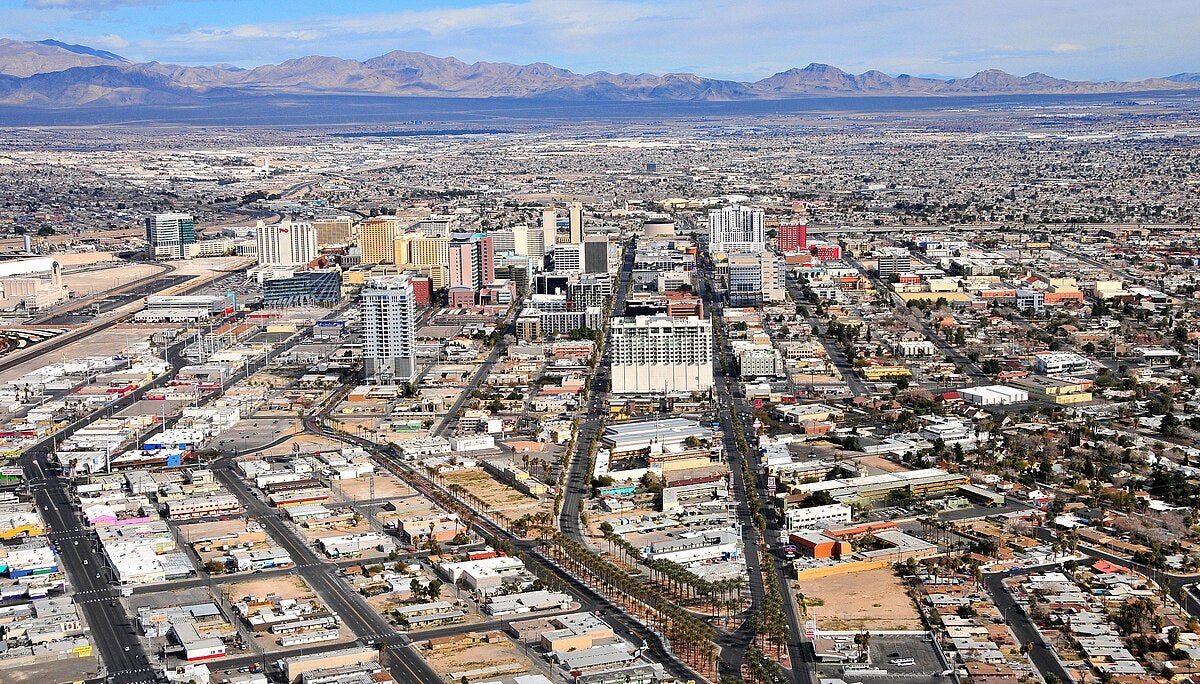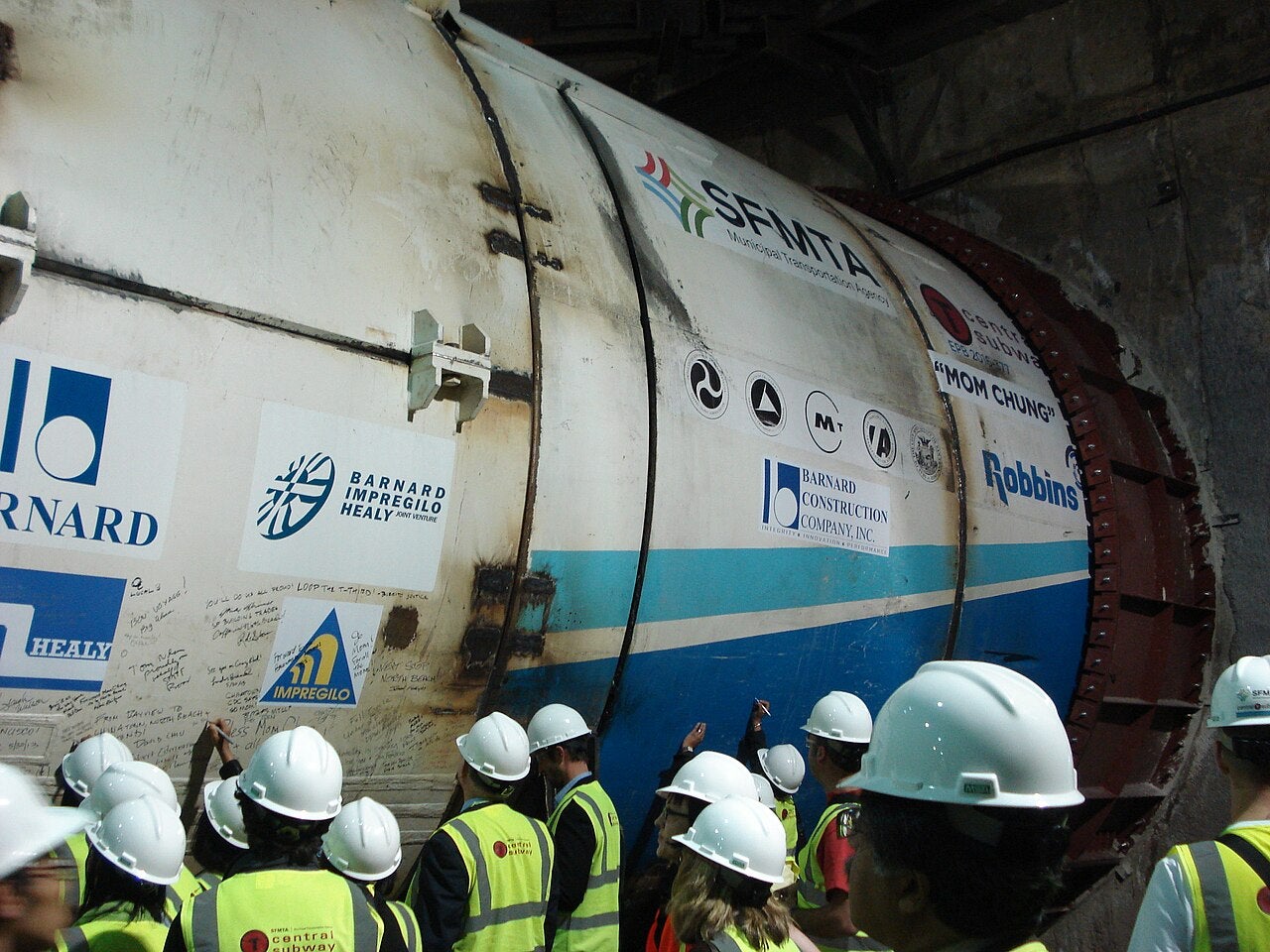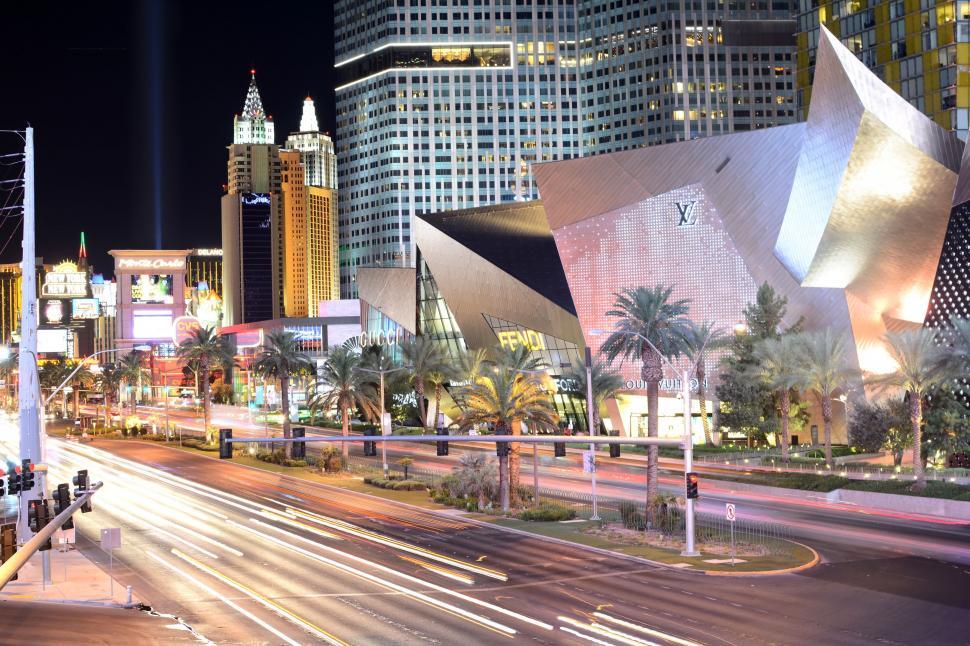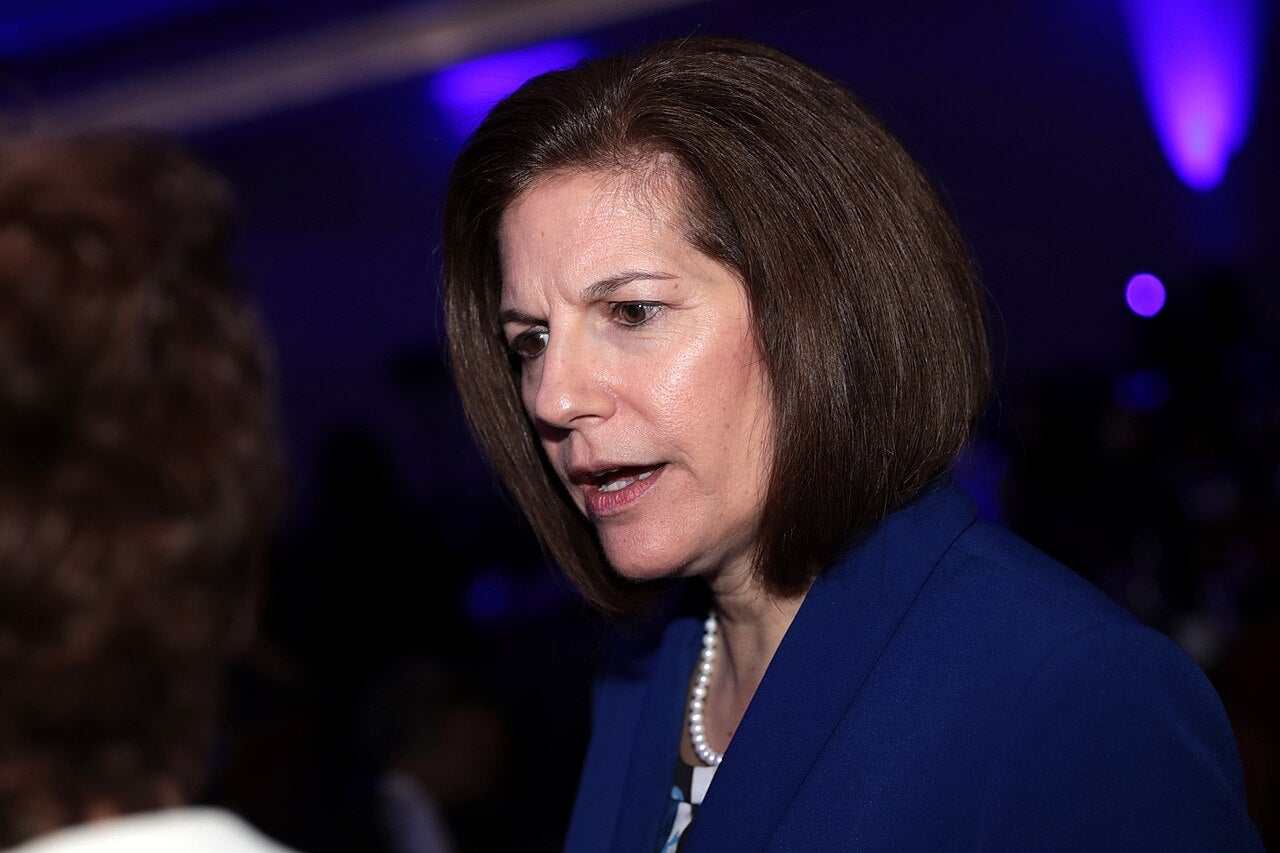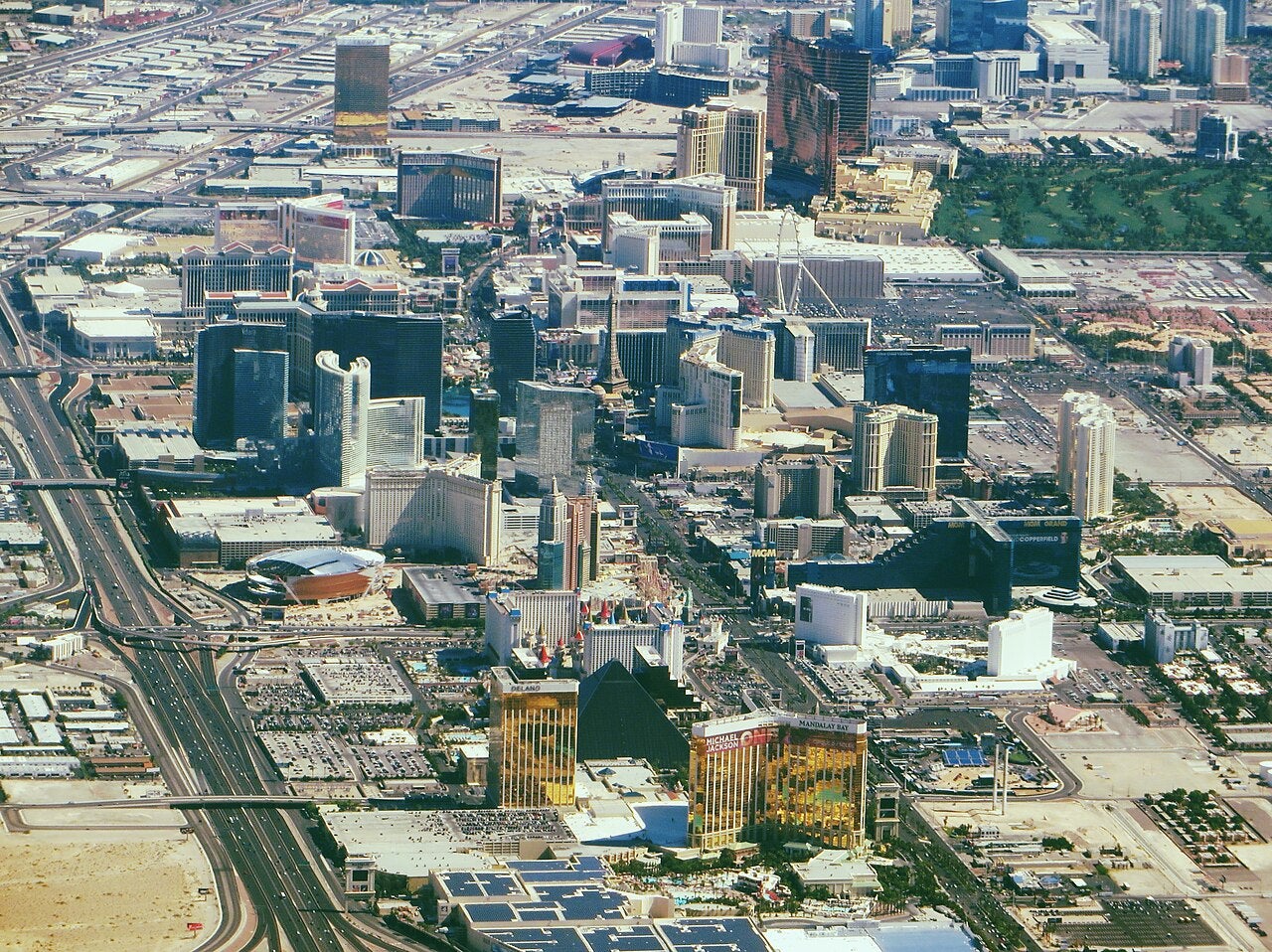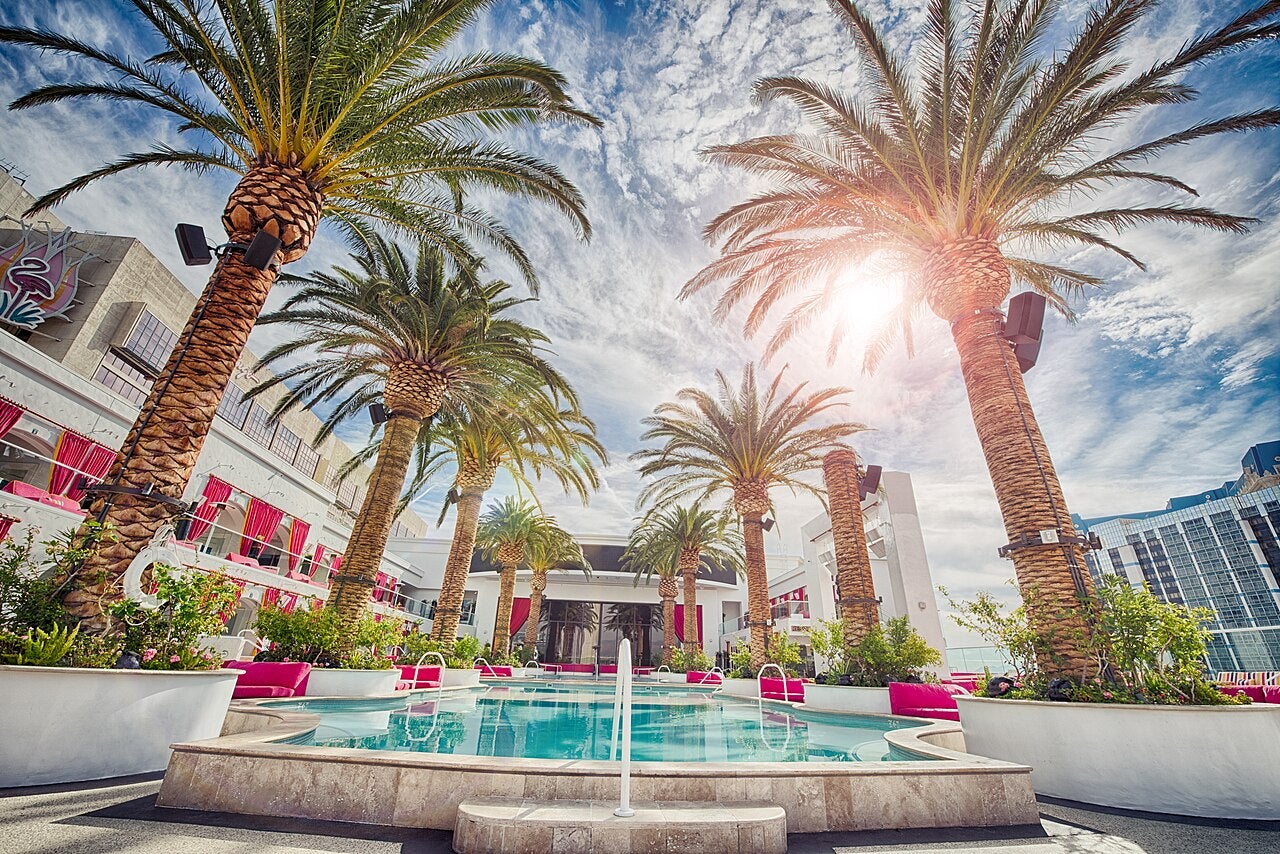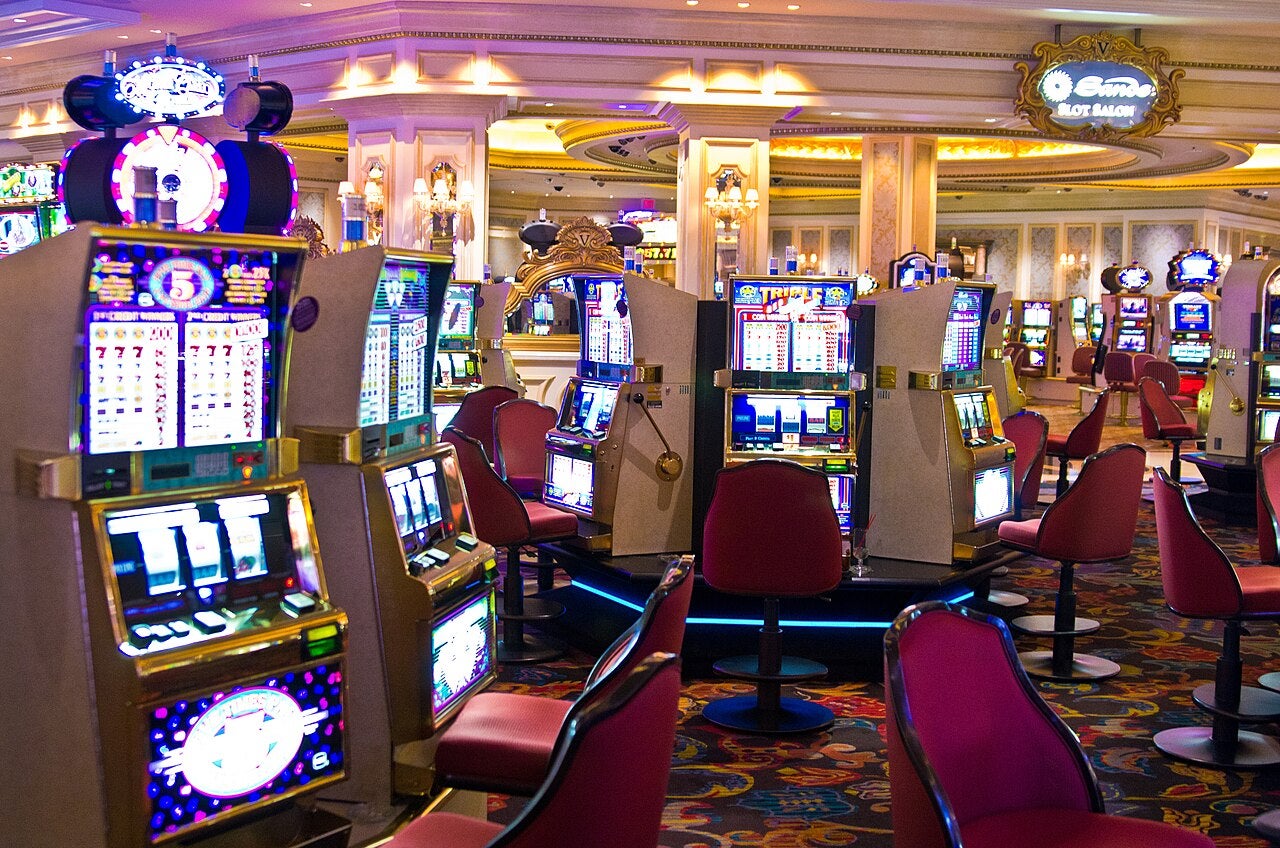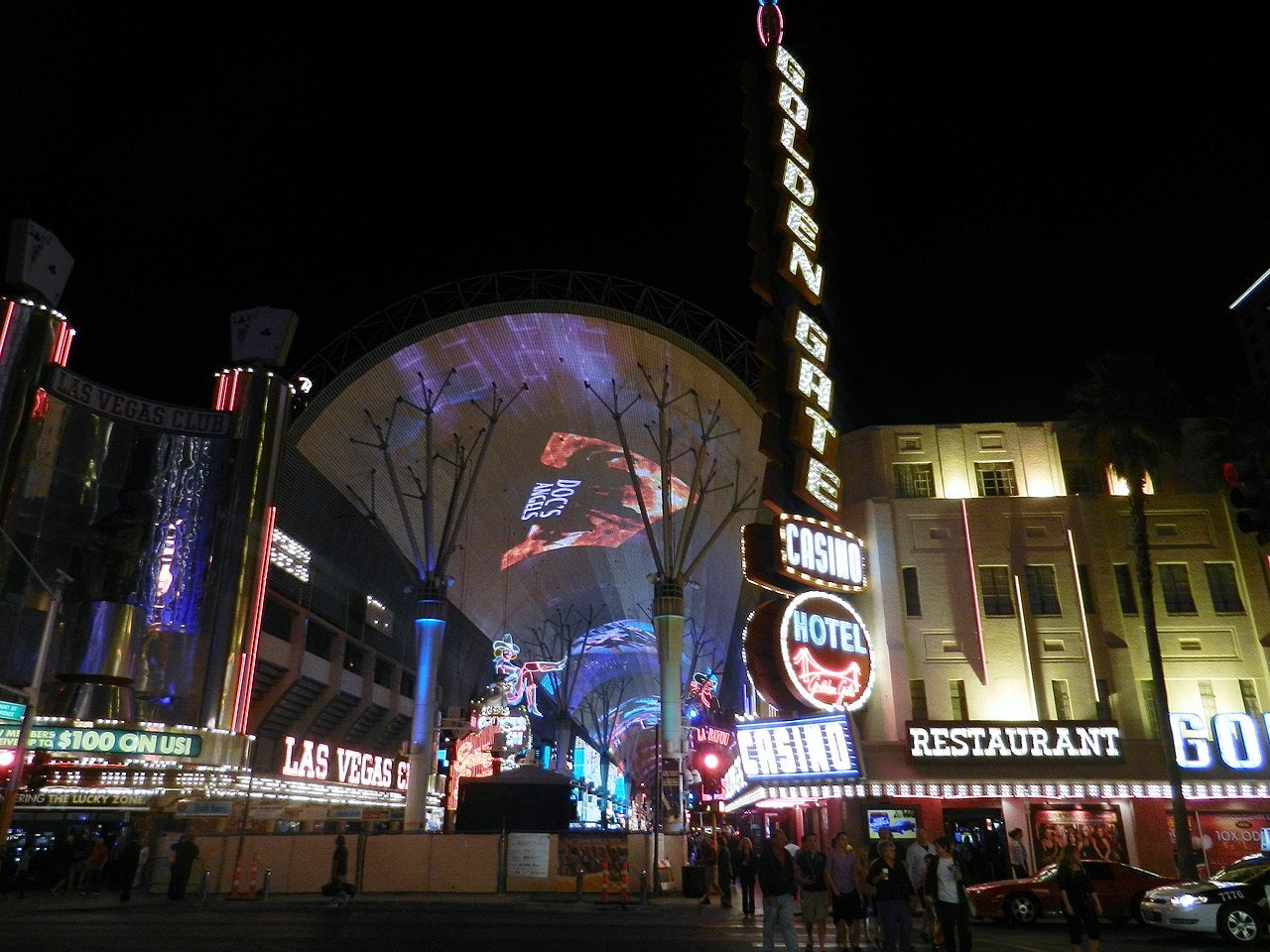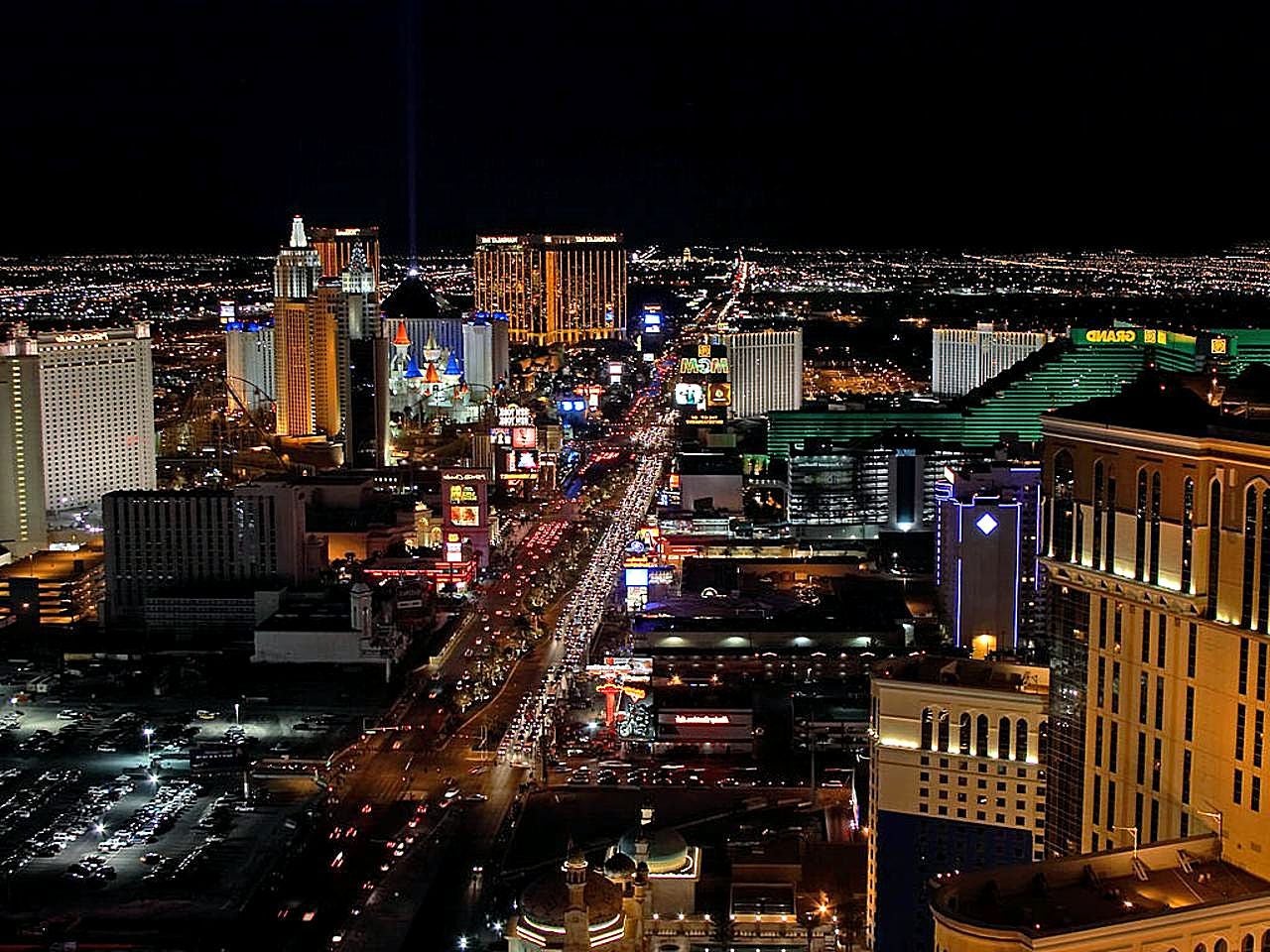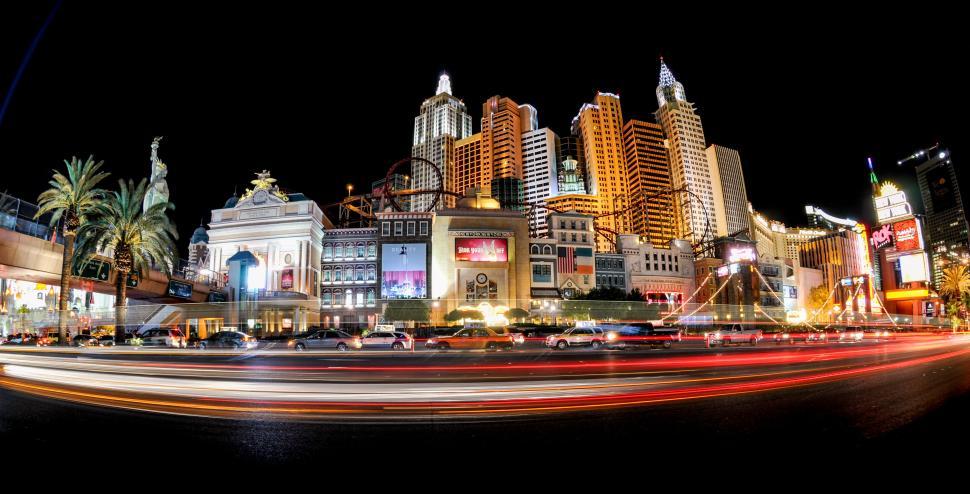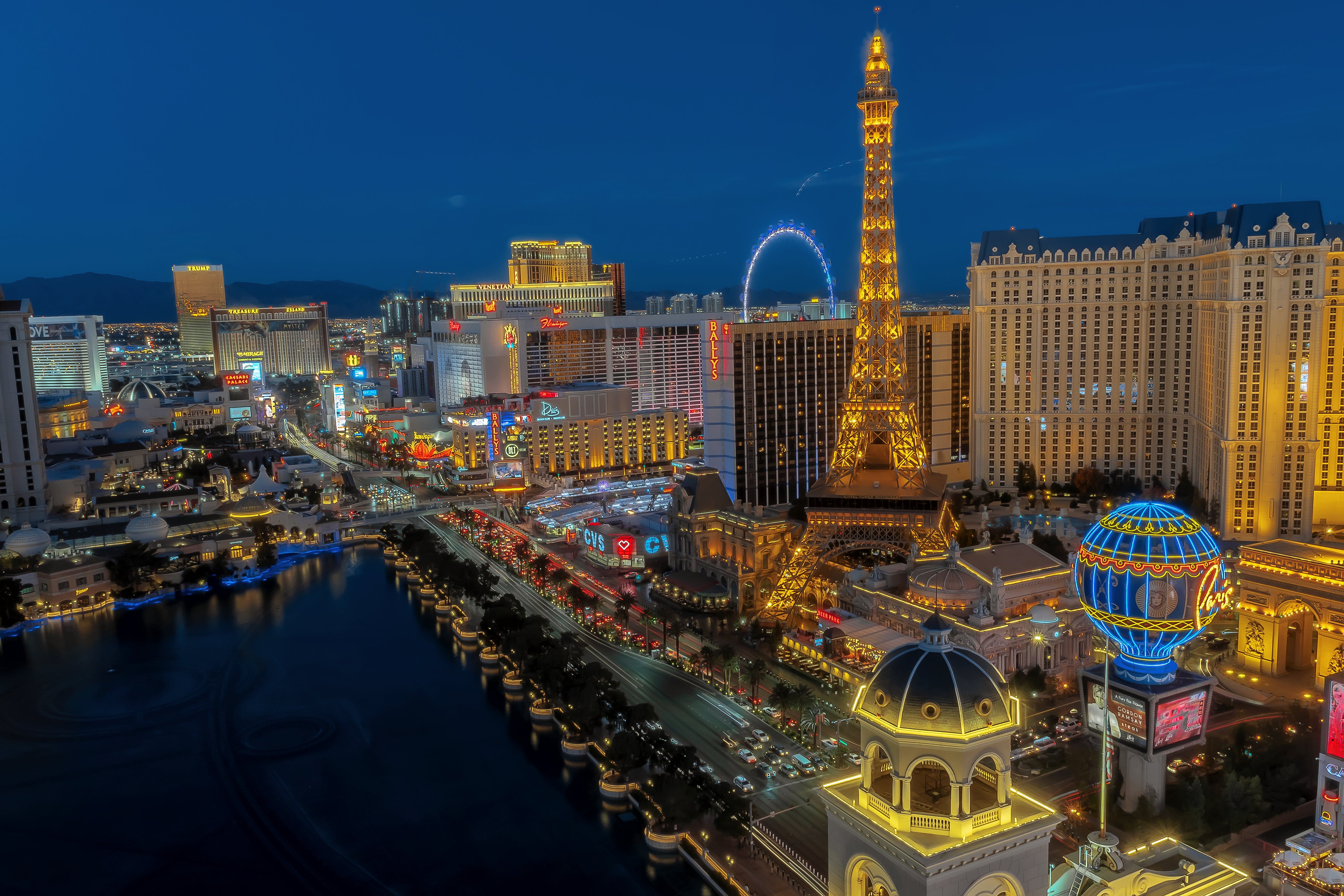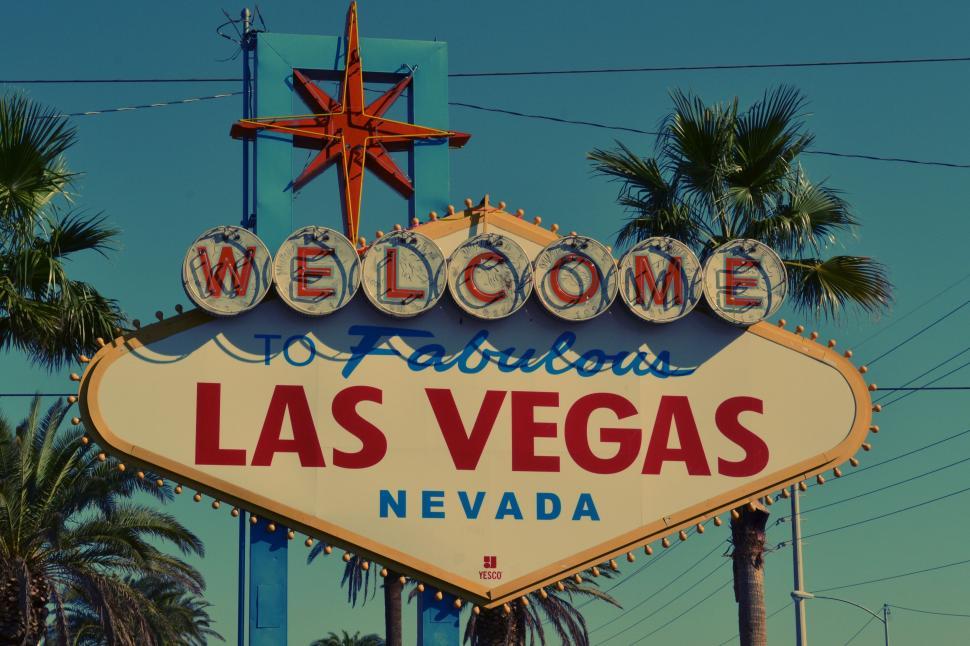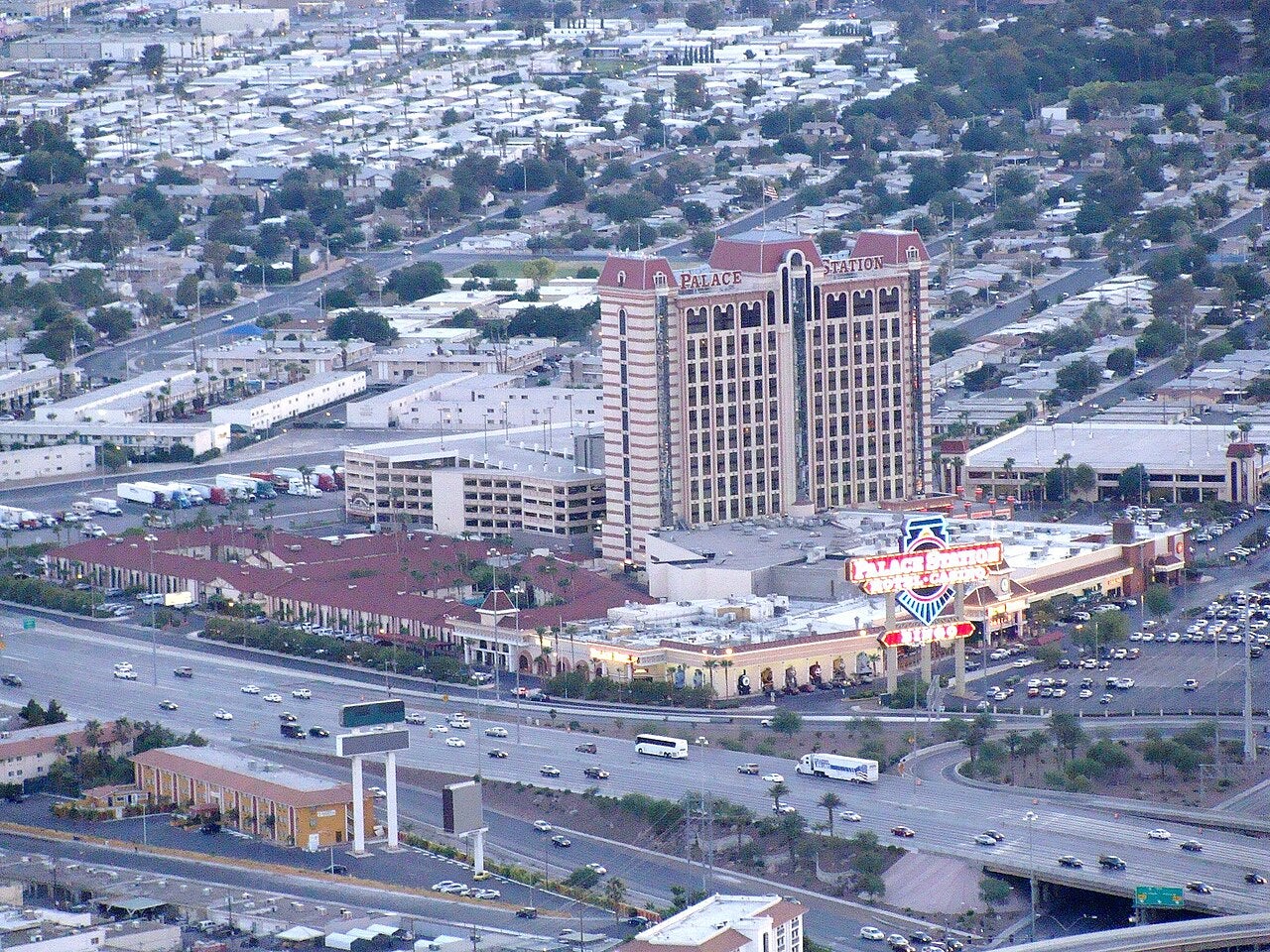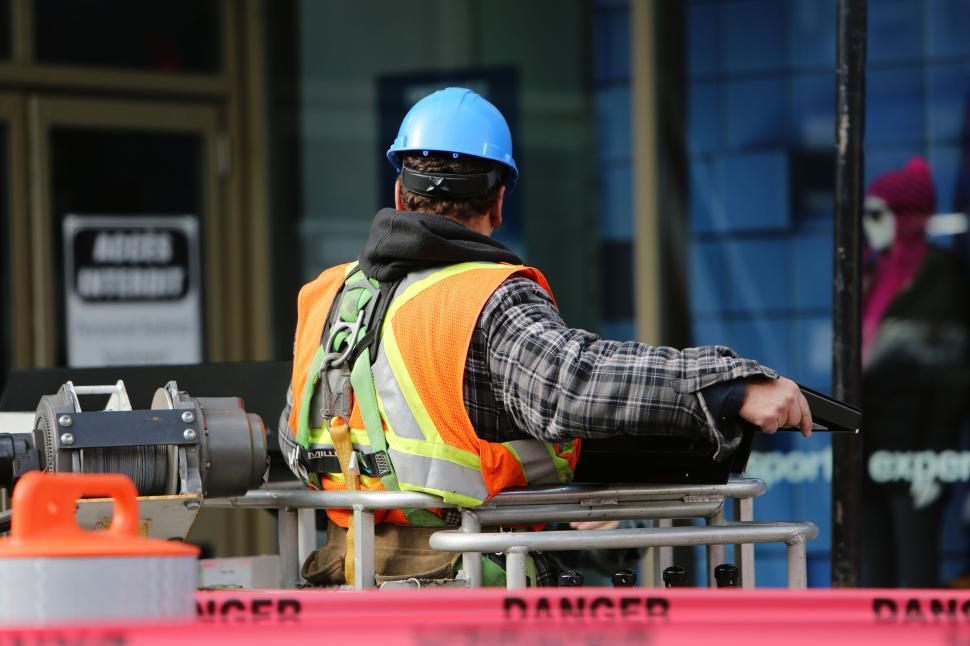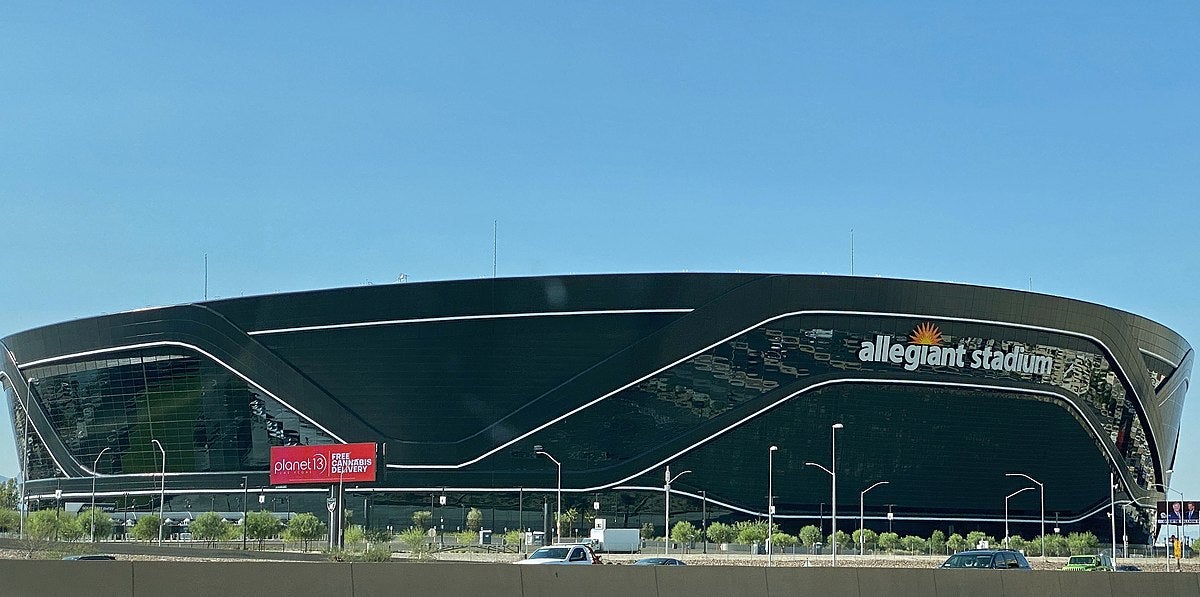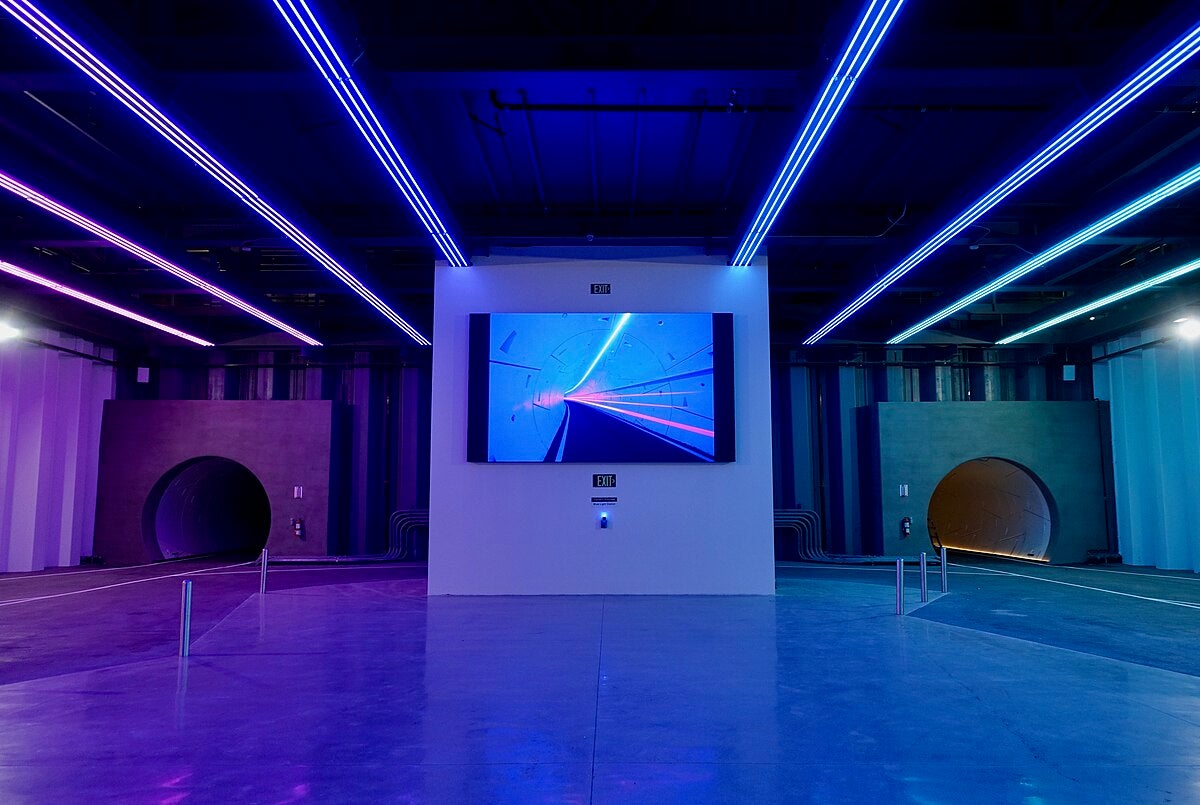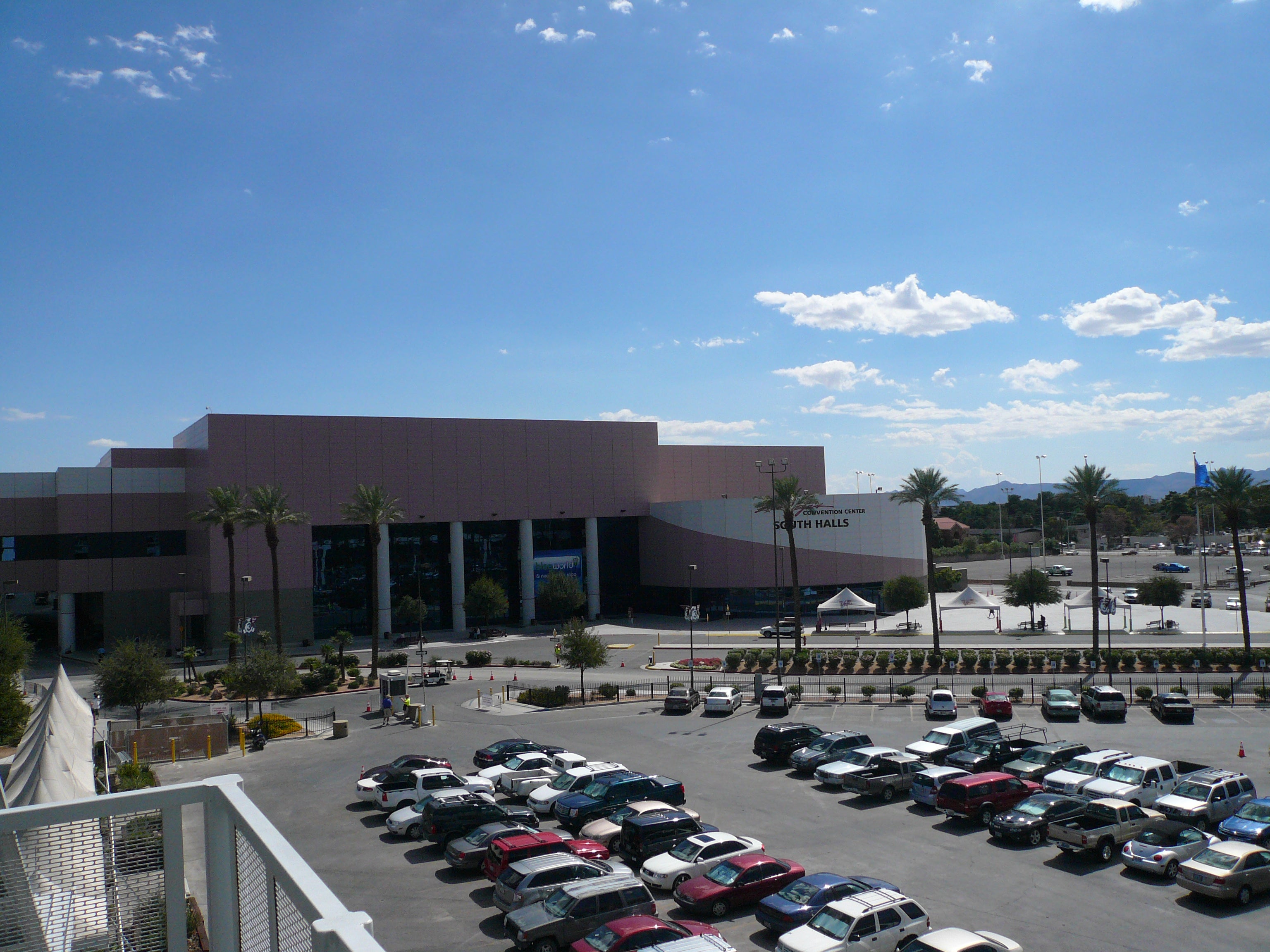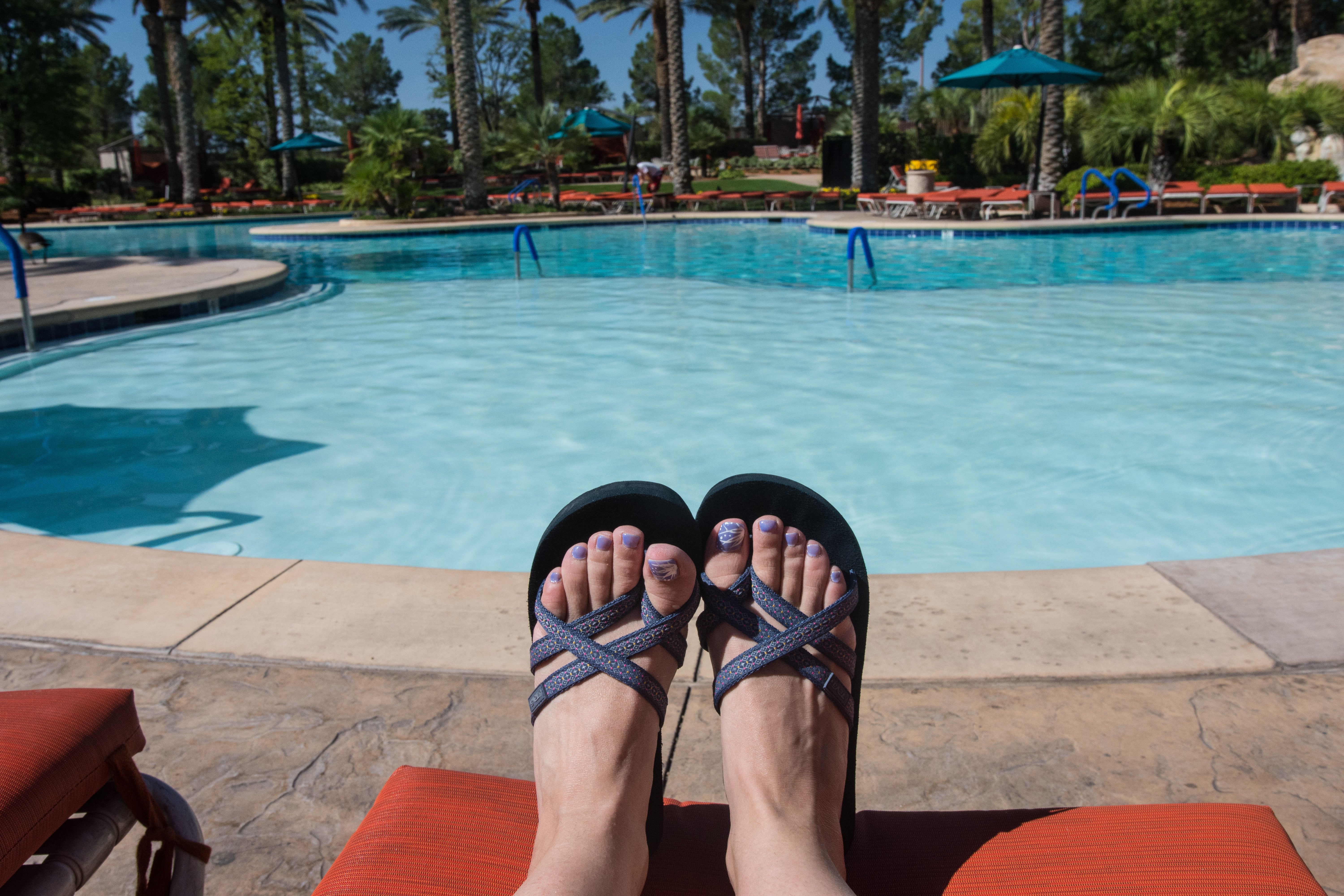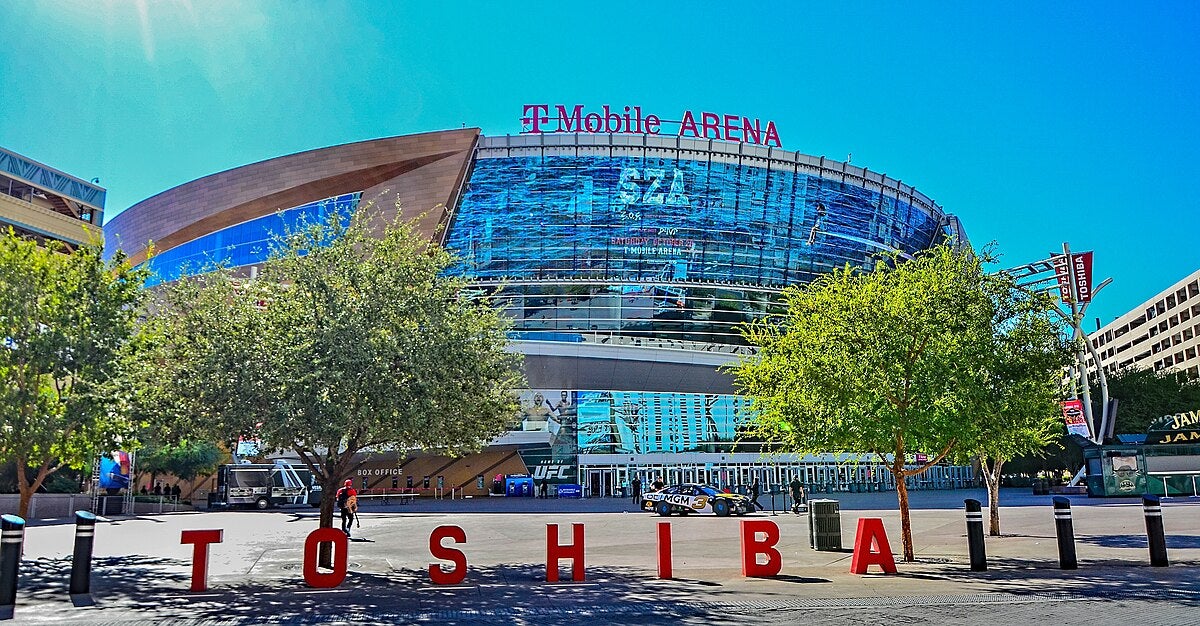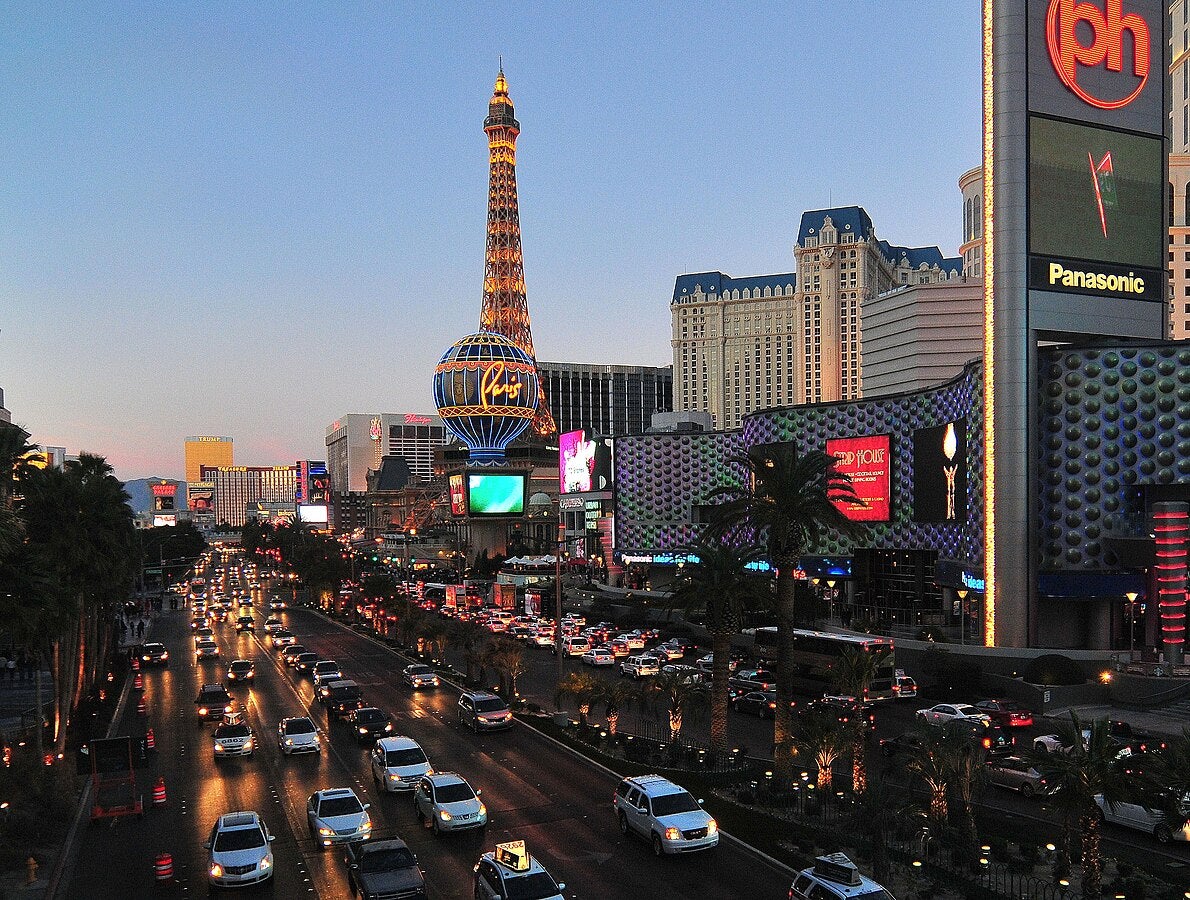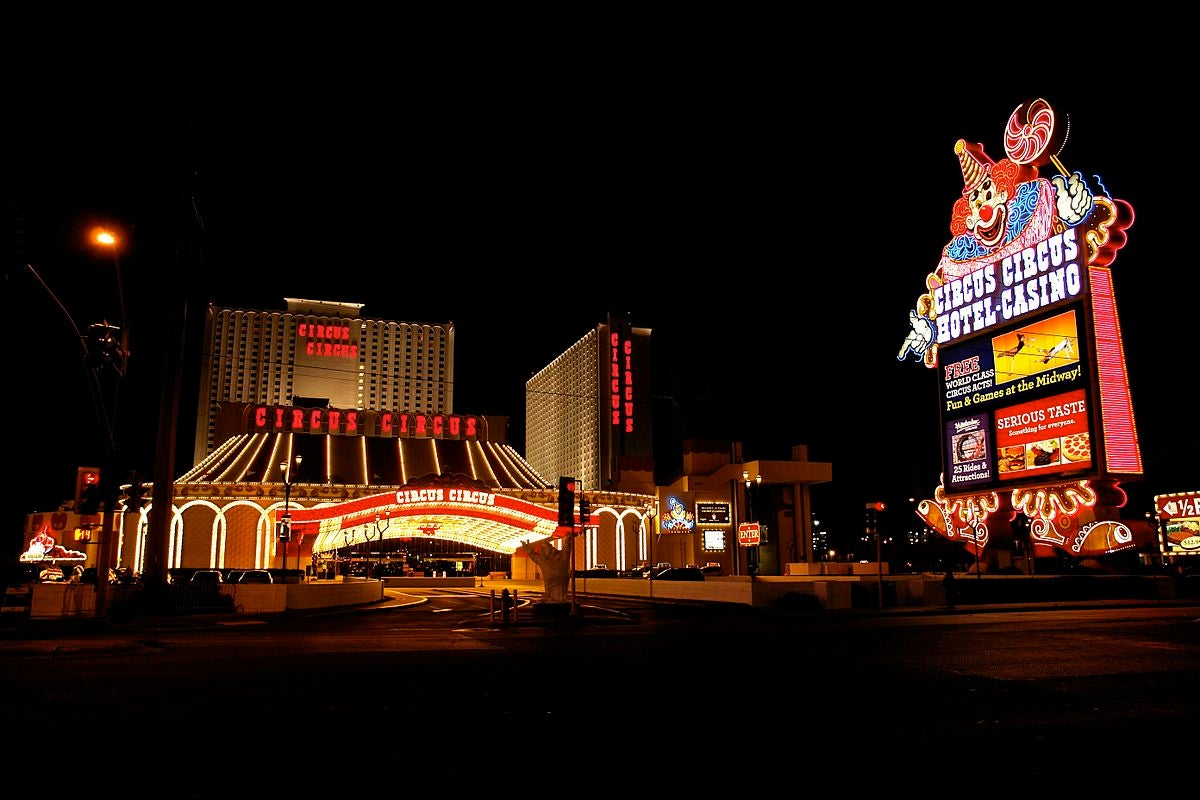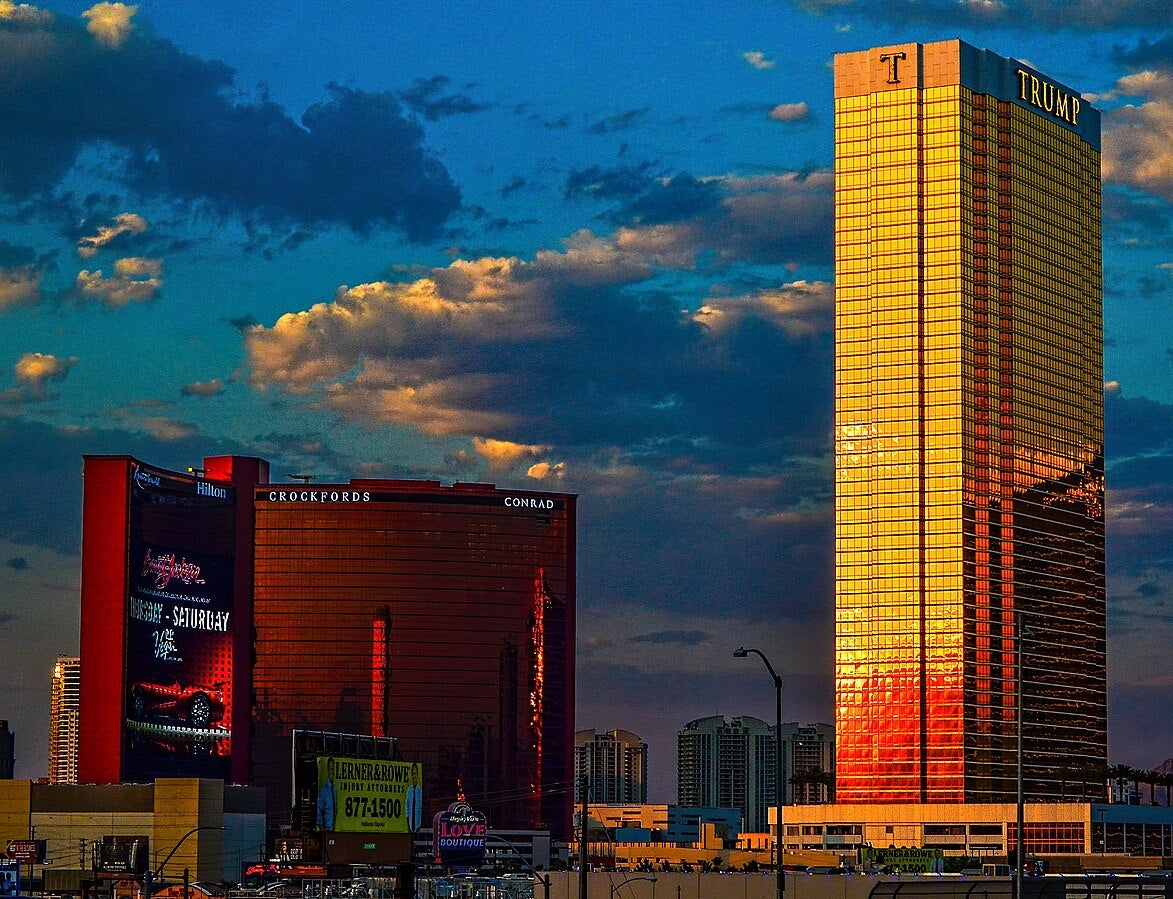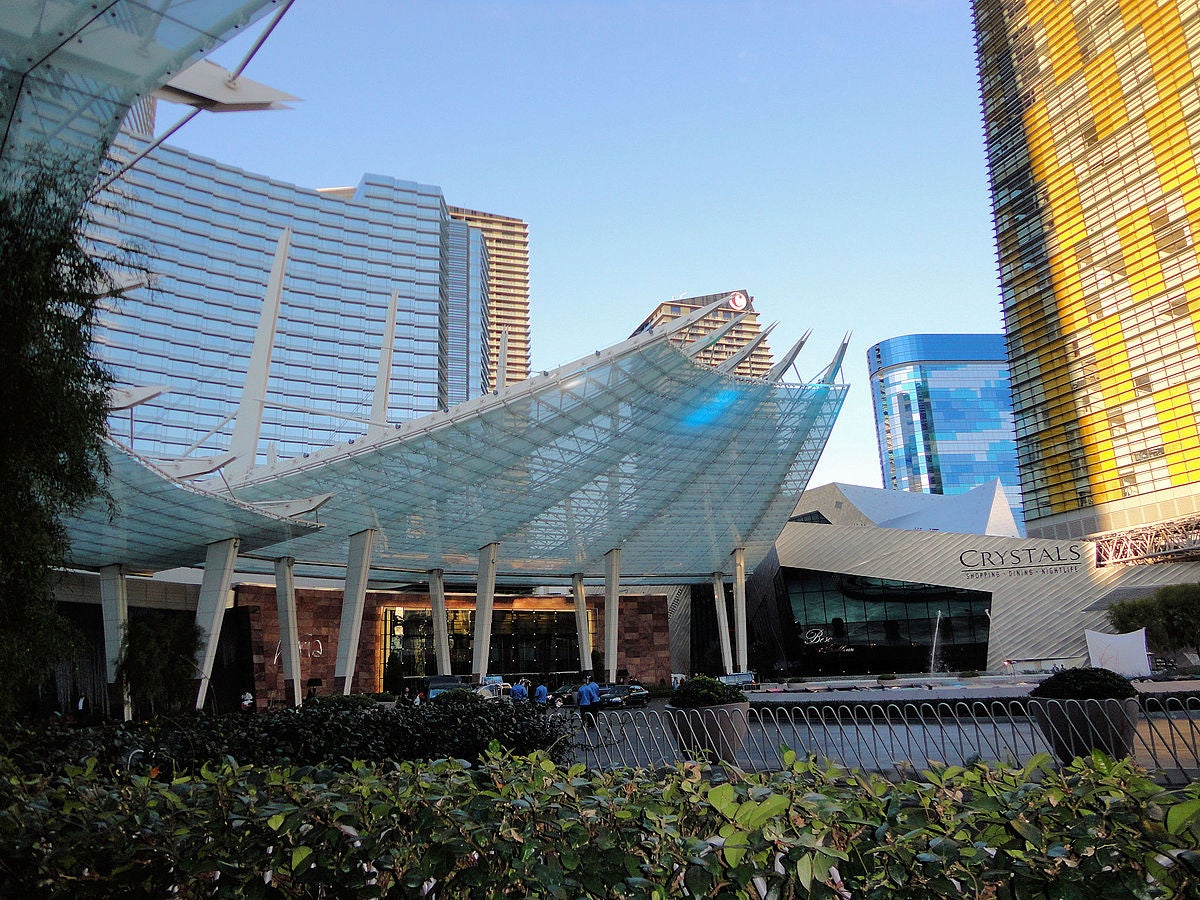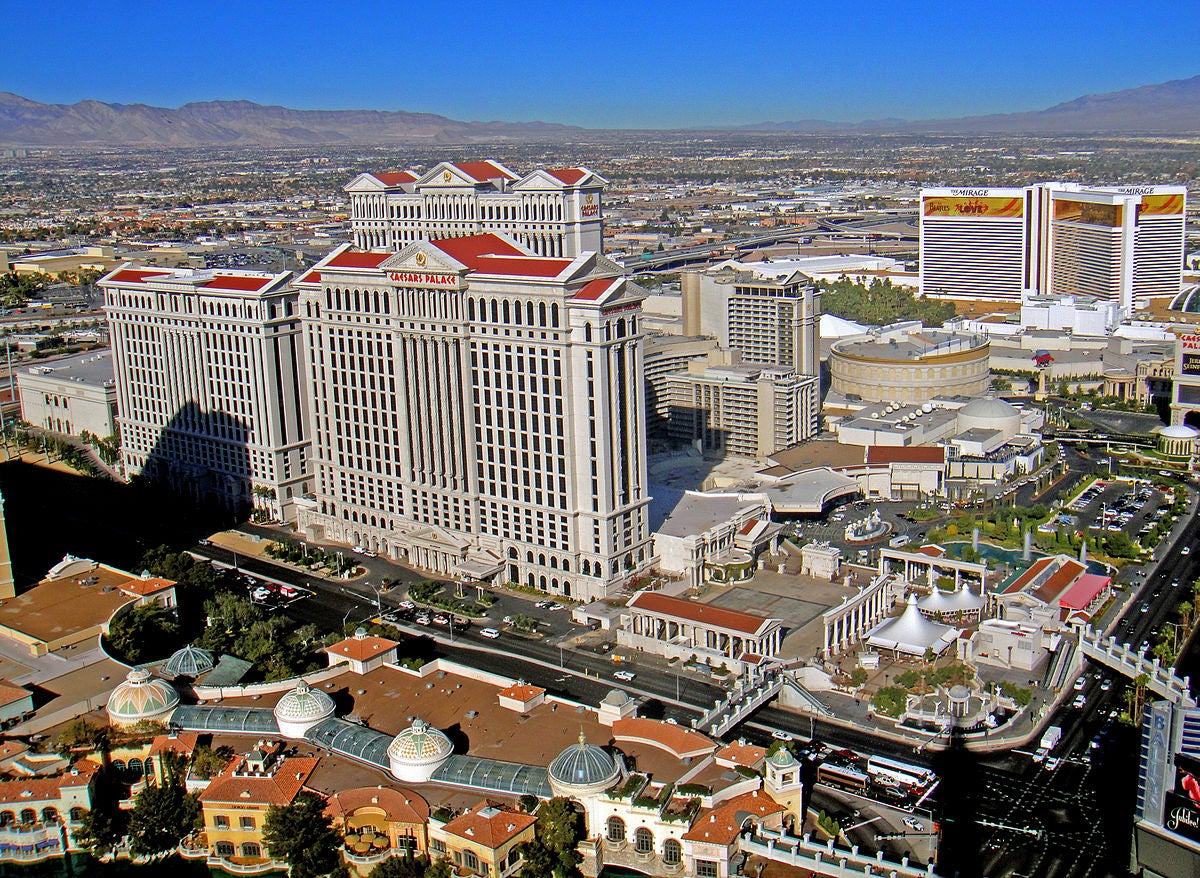Council and Community Opposition
The council’s decision was centered on the development’s disruptive scale within the Historic Westside district, which is tied to the city’s roots. Despite reducing initial plans from a 60-story tower to 22 stories, the proposal still violated the neighborhood’s seven-story zoning limit, clashing with its architectural landscape.
During the heated deliberations, Mayor Shelley Berkley openly criticized the developer’s failure in community engagement, stating, “You and I have had numerous opportunities to talk about it. It is a very exciting project, but from the first time we talked about this when I was a candidate to now, there has been very little progress on bringing the community into this proposal.”
Residents amplified these concerns, with Leonard Martin detailing the project’s negative impact on adjacent properties. Widespread fears emerged that prioritizing development would erase the historic area’s “soul”, sacrificing its cultural legacy for commercial interests.
Developer Defiance
Despite the council’s rejection, developer Shlomo Meiri insisted the casino-residential complex remained essential for Historic Westside’s revitalization. His zeal culminated in the interruption of Councilwoman Armstrong before he voluntarily left the meeting before votes were cast.
Project consultant Jo Kato acknowledged the outcome while signaling future efforts. “It didn’t go the way we wanted it to go, but we look forward to another opportunity to come with something great,” he stated, confirming intentions to refine the proposal for reconsideration.
An Uncertain Future
The $700 million Harlem Nights project would introduce a hotel-casino, retail spaces, and a 900-seat theater to Historic Westside. It targeted job creation and boosting tourism. However, critics contested its scale and compatibility with the neighborhood amid years of economic decline. Councilwoman Armstrong underscored the communities’ priorities, stating, “Our community is not looking for a savior. We’re looking for a partner.”
While the project was rejected, developers are focusing on a way forward and intend to submit a zoning-compliant revision within months or wait a year to contest restrictions. This setback coincides with broader Las Vegas tourism strains, including a 5.1% visitor decline on the Strip.


